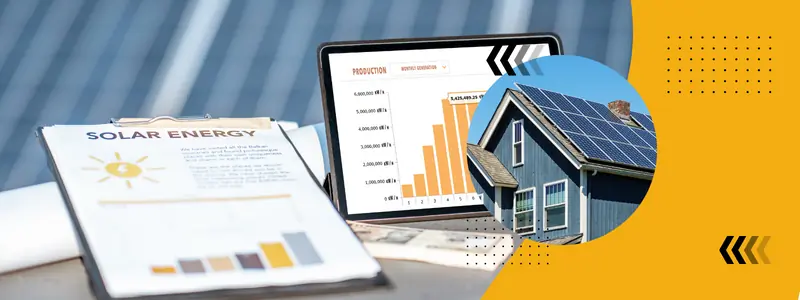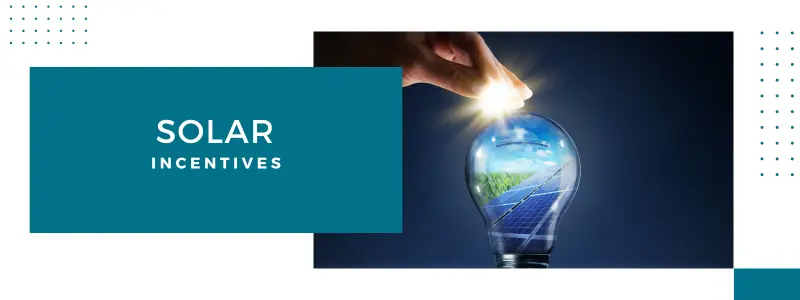Explore the Solar Potential of Missouri!
Welcome to Missouri, a state renowned for its diverse landscapes and vibrant communities, and now emerging as a promising player in the solar energy arena. Despite variations in weather patterns, Missouri experiences ample sunshine throughout the year, making it an ideal location for solar power generation. This untapped resource presents an exciting opportunity for residents and businesses to embrace clean, renewable energy solutions. With incentives available to offset installation costs and a growing interest in sustainability, Missouri is poised for a solar revolution. Discover how harnessing solar energy can illuminate your property, reduce energy bills, and contribute to a cleaner environment right here in the Show-Me State. Join us in harnessing the power of the sun and take a step towards a brighter, greener future in Missouri.
Explore Your Rooftop's Solar Potential
Discover how much solar energy your rooftop can generate. Enter your address below:




